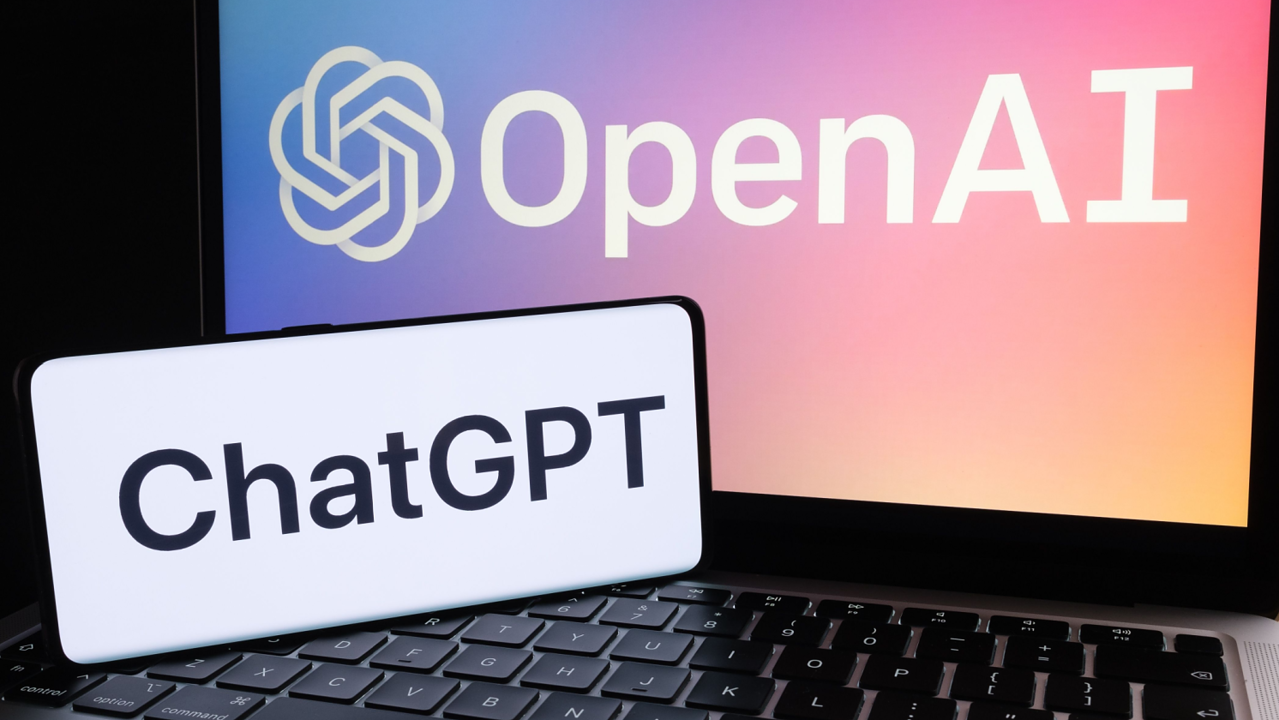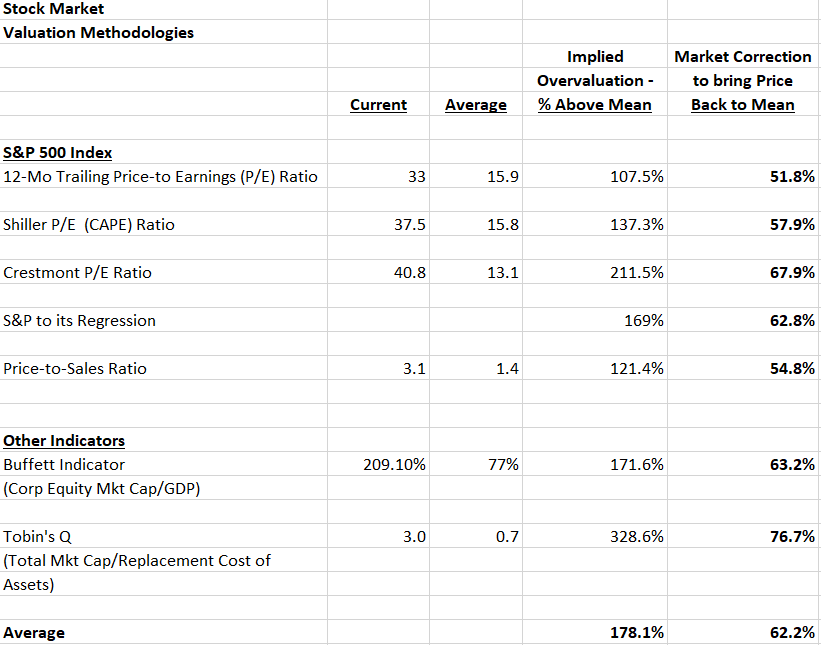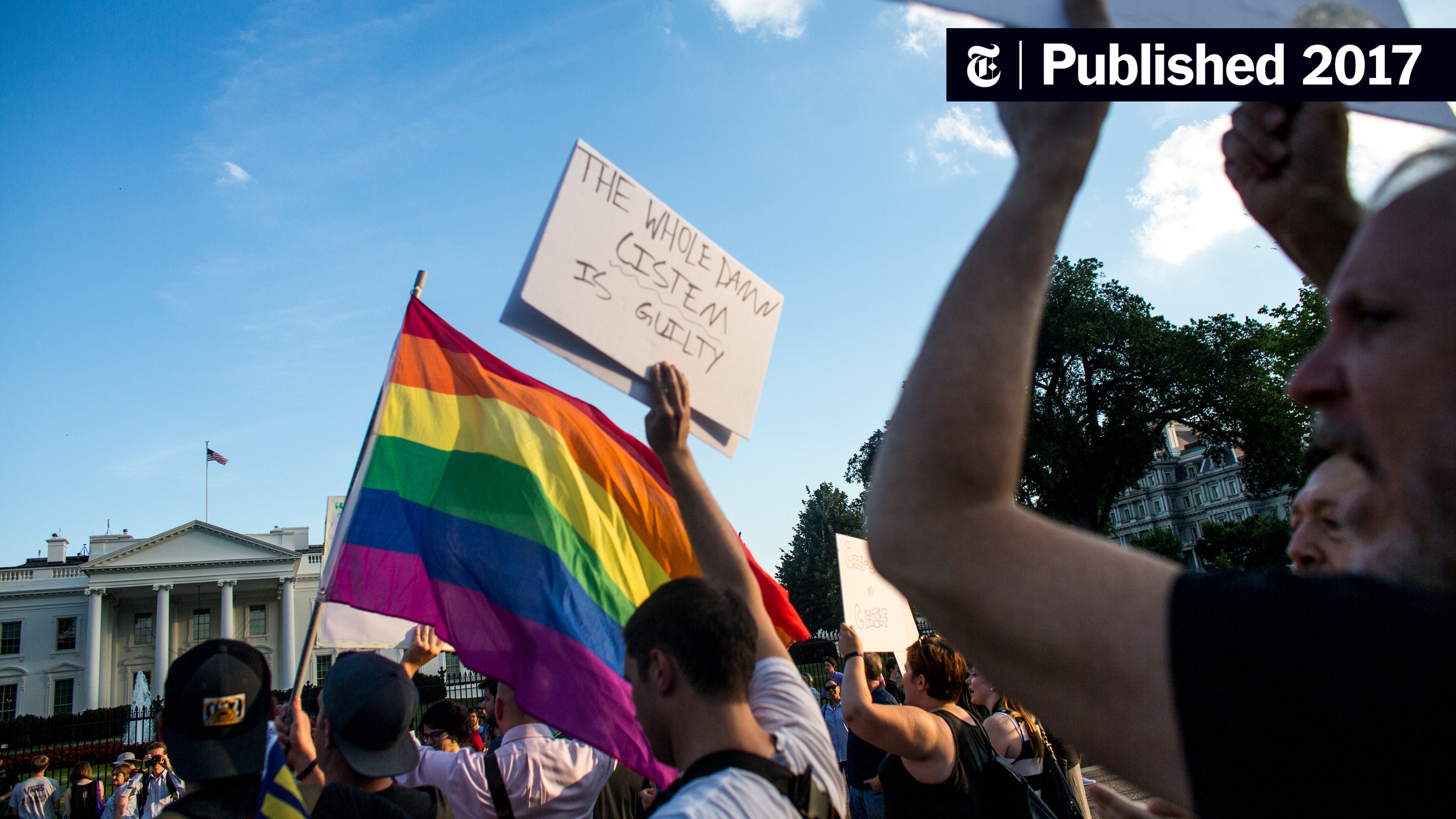OpenAI Under FTC Scrutiny: ChatGPT's Future Uncertain

Table of Contents
The FTC's Investigation: What We Know
The FTC, tasked with protecting consumers from unfair or deceptive business practices, has significant authority to investigate companies like OpenAI. Their focus in this investigation likely stems from concerns surrounding the responsible development and deployment of powerful AI technologies. The FTC’s investigation into OpenAI isn't just about ChatGPT; it sets a precedent for the future regulation of all generative AI.
Specific concerns highlighted in the investigation reportedly include:
- Potential violations of data privacy laws: The FTC is likely examining whether OpenAI's data collection and usage practices comply with laws like the Children's Online Privacy Protection Act (COPPA) and the California Consumer Privacy Act (CCPA). The vast amounts of data used to train ChatGPT raise significant concerns about the potential for misuse and unauthorized data collection.
- Concerns regarding the accuracy and potential biases of ChatGPT's outputs: The FTC may be investigating whether ChatGPT's outputs are accurate and unbiased, and if OpenAI has taken sufficient steps to mitigate potential harms arising from biased or inaccurate information. The potential for misinformation and the spread of harmful stereotypes are key considerations.
- Questions about OpenAI's data collection and usage practices: The investigation likely delves into how OpenAI collects, stores, and uses user data, examining transparency and consent procedures. The lack of clear user consent and the opacity of data handling processes are major areas of concern.
- Investigation into potential unfair or deceptive trade practices: The FTC will scrutinize whether OpenAI's marketing and representation of ChatGPT's capabilities are truthful and not misleading to consumers. Exaggerated claims about AI capabilities can lead to consumer deception.
The impact of this investigation on OpenAI's operations could be significant, potentially leading to delays in product launches, increased compliance costs, and even substantial fines.
Data Privacy Concerns and Generative AI
Generative AI models like ChatGPT present unique data privacy challenges. These models are trained on massive datasets, often scraped from the internet, which may include personal information without explicit consent. This raises several concerns:
- Data scraping and copyright infringement: The process of scraping data from the internet raises concerns about copyright infringement and the unauthorized use of copyrighted material in training AI models.
- The difficulty of anonymizing data used in training AI models: Even with anonymization techniques, sensitive information can be inadvertently revealed through the model's outputs, posing a risk to individuals' privacy.
- The potential for unintentional disclosure of sensitive information: Users unknowingly providing sensitive information during interactions with ChatGPT could lead to privacy breaches.
Existing data privacy regulations, while not explicitly designed for AI, are still relevant. The FTC investigation will likely focus on how OpenAI adheres to these existing laws, testing their applicability to this new technology. The outcome will significantly shape future regulations surrounding AI data usage.
Algorithmic Bias and Ethical Implications
Algorithmic bias, the systematic and repeatable errors in a computer system that create unfair outcomes, is a significant concern with AI models like ChatGPT. Bias in the training data can lead to biased outputs, perpetuating and amplifying existing societal biases.
Examples of bias seen in other AI systems include:
- Gender and racial bias in facial recognition technology.
- Bias in loan applications and hiring processes.
Specific concerns with ChatGPT include:
- Bias in data sets used for training: If the training data reflects existing societal biases, the model will likely inherit and amplify these biases.
- The perpetuation and amplification of societal biases: Biased outputs can reinforce harmful stereotypes and discriminatory practices.
- The ethical responsibility of AI developers to mitigate bias: OpenAI, and other AI developers, have an ethical responsibility to proactively identify and mitigate bias in their models.
The need for ethical guidelines and responsible AI development is paramount. The FTC investigation will likely assess OpenAI's efforts (or lack thereof) in addressing these crucial ethical considerations.
The Future of ChatGPT and the AI Landscape
The outcome of the FTC investigation could significantly shape the future of ChatGPT and the broader AI landscape. Potential consequences include:
- Possible fines and regulatory changes: The FTC could impose significant fines on OpenAI for violations of existing laws and regulations. This investigation could also lead to new regulations specifically addressing generative AI.
- Increased scrutiny and stricter regulations for AI development: Increased scrutiny will likely lead to stricter regulations surrounding AI development, data privacy, and algorithmic bias.
- The impact on public trust and adoption of AI technologies: Negative publicity stemming from the investigation could damage public trust in AI technologies, potentially slowing down adoption rates.
The investigation's implications extend beyond OpenAI. It sets a precedent for the future regulation of AI development, influencing how other companies develop and deploy similar technologies. The path forward necessitates a greater focus on ethical considerations, transparency, and robust regulatory frameworks.
Conclusion:
The FTC investigation into OpenAI and its flagship product, ChatGPT, highlights the critical need for responsible AI development. The concerns surrounding data privacy, algorithmic bias, and ethical considerations are not merely technical issues but societal ones with far-reaching consequences. The investigation's outcome will significantly impact OpenAI's future and shape the regulatory landscape for the entire generative AI industry. Staying informed about the ongoing FTC investigation into OpenAI and the evolving landscape of AI regulation is crucial. Understanding the challenges surrounding OpenAI and ChatGPT is essential for navigating the future of this rapidly developing technology. Further research into OpenAI's practices and the impact of AI regulation is essential.

Featured Posts
-
 Chat Gpt Developer Open Ai Faces Ftc Investigation
May 10, 2025
Chat Gpt Developer Open Ai Faces Ftc Investigation
May 10, 2025 -
 Turkey Blocks Jailed Mayors Social Media After Opposition Outcry
May 10, 2025
Turkey Blocks Jailed Mayors Social Media After Opposition Outcry
May 10, 2025 -
 The Power Of Middle Management Fostering Collaboration And Achieving Business Goals
May 10, 2025
The Power Of Middle Management Fostering Collaboration And Achieving Business Goals
May 10, 2025 -
 Are High Stock Market Valuations A Concern Bof As Analysis
May 10, 2025
Are High Stock Market Valuations A Concern Bof As Analysis
May 10, 2025 -
 The Impact Of Trumps Transgender Military Ban An Opinion
May 10, 2025
The Impact Of Trumps Transgender Military Ban An Opinion
May 10, 2025
